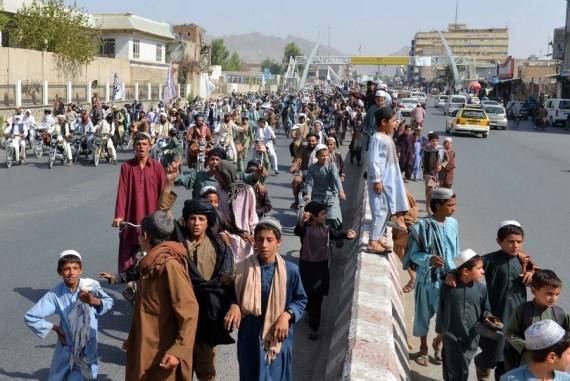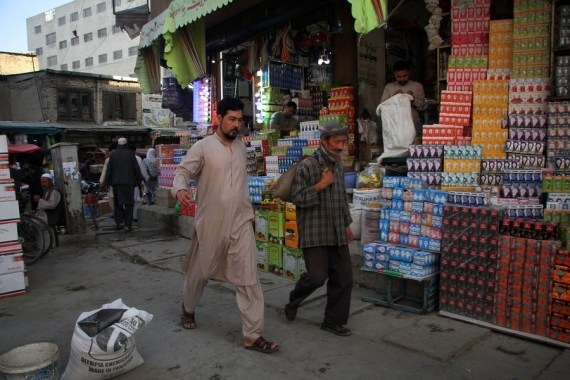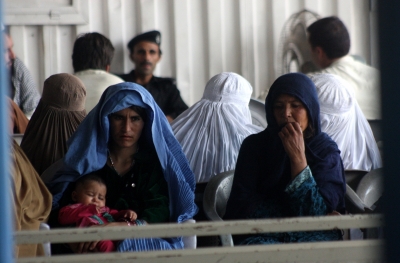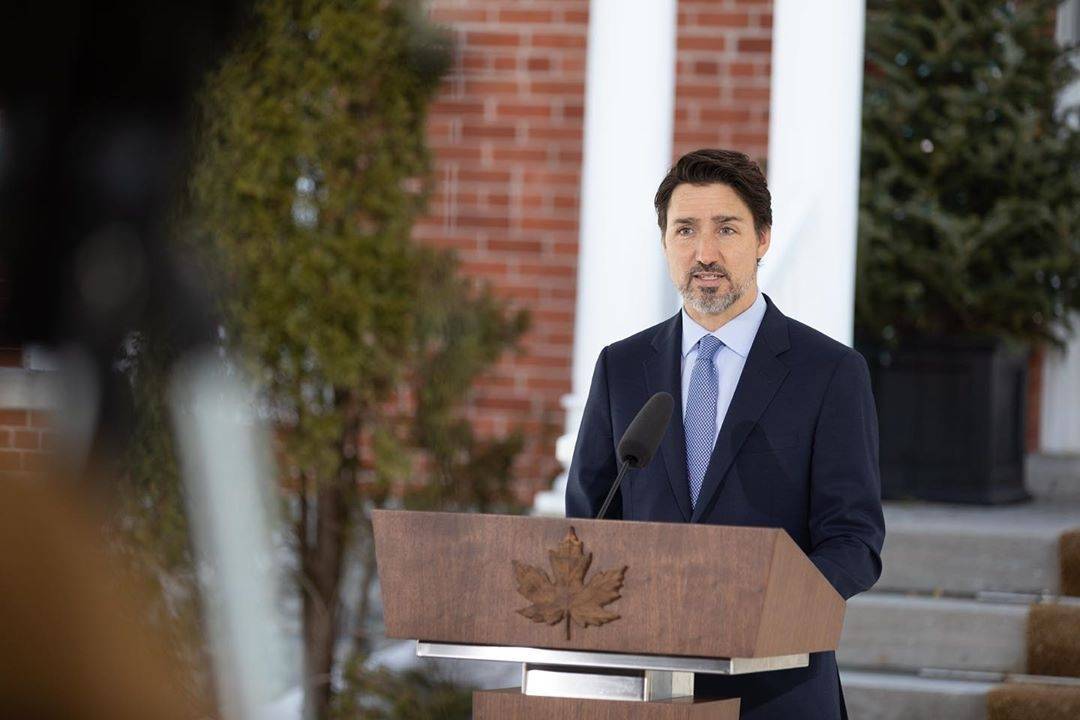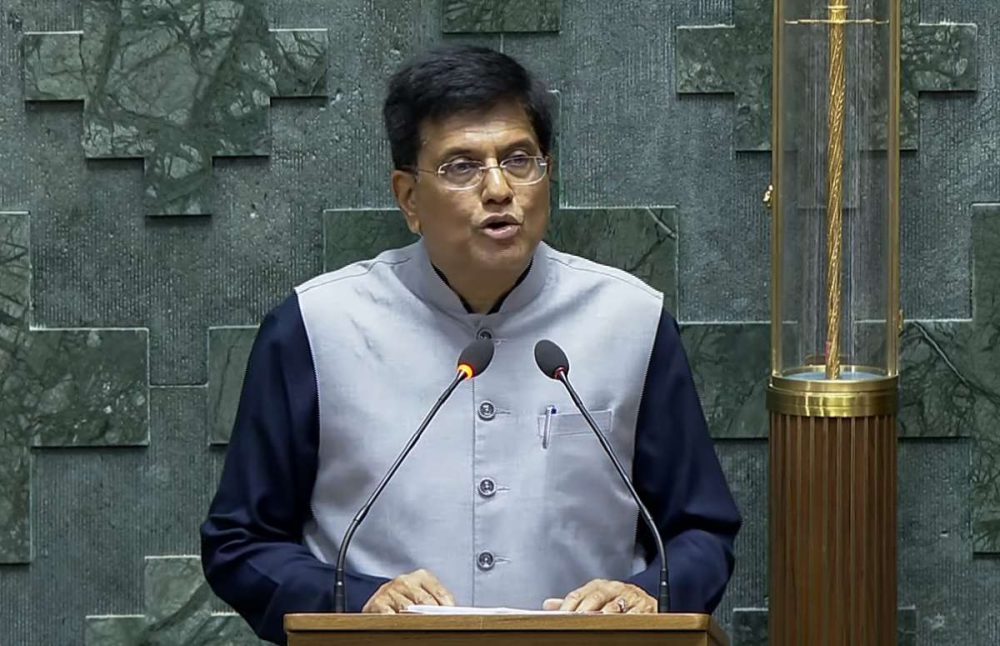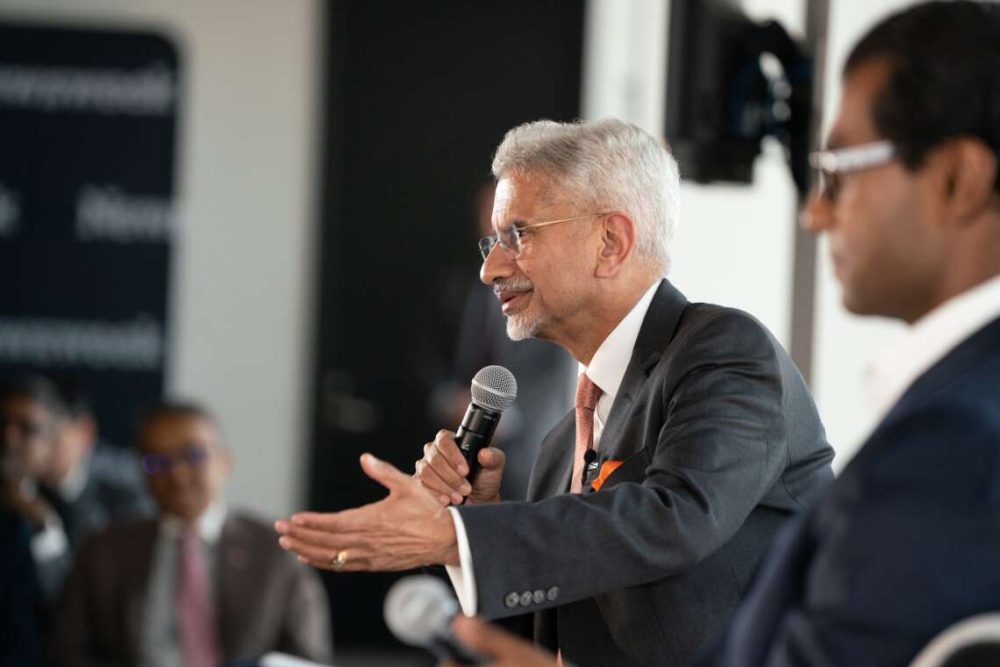The price of one bag of flour is 2,400 Afs, a 16-liter bottle of oil is about 2,800 Afs. The price of one bag of rice is 2,700 Afs….reports Asian Lite News
The people of Afghanistan have expressed serious concern over the spike in the price of food and other essential goods as the country faces a serious economic crisis.
Saifullah, who is an owner of a store, said that the rapid rise in the value of the US dollar against the Afghani is one of the main reasons for the expensive prices of essential commodities.
“The reason for the surge in prices is the rise of the dollar. We purchase all the products with dollars and sell them in Afs,” Saifullah said, according to Tolo News.
The price of one bag of flour is 2,400 Afs, a 16-liter bottle of oil is about 2,800 Afs. The price of one bag of rice is 2,700 Afs.
Citizens said that they have been struggling to pay for food and basic cooking goods due to their high prices.
“I am working as a labourer. Every day I work for 100 to 150 Afs per day. The prices are high. The income that I have now can only pay for the bread,” said Shah Agha, a resident of Kabul, reported Tolo News.
The chamber of agriculture and livestock said that despite the surging price of imported products, the price of domestic products remains low.
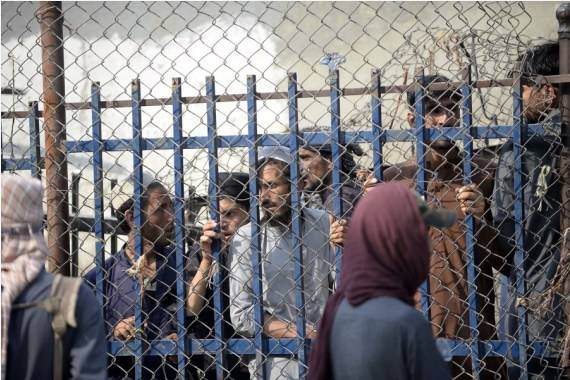
“The price of one bottle of oil is 3,000 Afs and the price of flour is 2,500 Afs but the price of 7 kg onions is 30 Afs because it is a domestic product,” said Mirwais Haji Zada, a member of the chamber of agriculture and livestock.
Afghanistan is on the brink of mass starvation after nearly four months since the Taliban seized power. Aid groups have said that it can result in the death of a million children this winter, The New York Times reported.
This winter, an estimated 22.8 million people — more than half the population — are expected to face potentially life-threatening levels of food insecurity, according to an analysis by the United Nations World Food Program and Food and Agriculture Organization. Of those, 8.7 million people are nearing famine — the worst stage of a food crisis said The New York Times.
Meanwhile, the International Crisis Group (ICG) in a newly published report said that if the international community does not scale up economic support, more Afghans may die of hunger and starvation in the current crisis than from the fighting in the past 20 years.
“Hunger and destitution following the Taliban’s takeover of the country seem poised to kill more Afghans than all the bombs and bullets of the past two decades,” the report read.
As per the ICG report, the Taliban’s inability to run a modern economy and the decision of foreign donors to cut off all but emergency aid are the main reasons behind the economic and humanitarian crisis in Afghanistan. (ANI)


